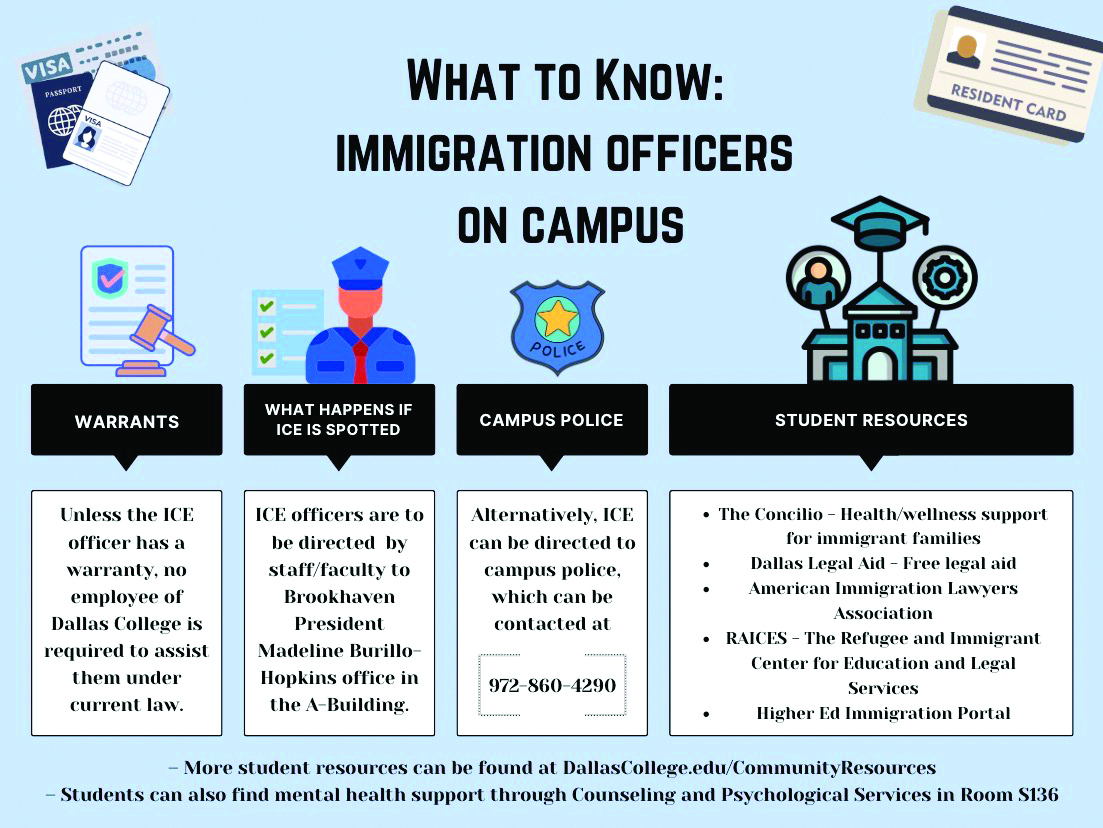By Diamond Victoria
Arts & Culture Editor

In his recent State of the Union address, President Barack Obama made a point to drill in a new plan that would provide free community college to Americans. The proposal of this government program would mean a savings of approximately $3,800 per year for nine million students, according to the whitehouse. gov. blog.
During the address, Obama said: “Some are young and starting out. Some are older and looking for a better job. Some are veterans and single parents trying to transition back into the job market. Whoever you are, this plan is your chance to graduate ready for the new economy, without a load of debt.”
However, the free community college initiative has its boundaries in addition to passing through a Republican-led congress. The program would require students to attend community college at least half-time and maintain a 2.5 grade point average, according to the White House blog. Students must also make progress toward completing their degrees. Community colleges must offer programs that fully transfer credits to four-year colleges or offer occupational training programs with high graduation rates.
According to the White House blog, under the proposal, community colleges must “adopt promising and evidence-based institutional reforms to improve student outcomes.”
Last year, Germany embraced free higher education nationwide. As in Germany, U.S. students would be left to pay for textbooks, housing and other expenses associated with college. However, they would still be paying significantly less than they are now.
According to the White House blog, states participating in the program must come up with a quarter of the average cost of community college. The other three-quarters will be funded through the federal government.
Tennessee has already adopted a free community college program by funding it through a state lottery. According to The Tennessean, Obama’s free community college proposal was based on its “fantastic results.”
Dallas County Community College D i s t r i c t Chancellor Dr. Joe May said in a published letter: “Today’s announcement has the potential to make postsecondary education accessible to everyone, and it builds on the strong commitment that DCCCD and other community colleges across the country already have made to provide a low-cost, high quality education. With this type of opportunity, the nation’s students can get the education and training they need to obtain employment with high salaries in high-demand fields, regardless of their financial situation.”
In 2013, Obama proposed an unsuccessful universal pre-K program for four-year-olds. That plan would have cost the government $75 billion over 10 years.
In his State of the Union address, Obama concluded his plan for free education by saying, “that’s why I am sending this congress a bold new plan to lower the cost of community college to zero.”
He continued by stating, “It’s something that we can accomplish, and it’s something that’ll train our work force so that we can compete with anybody in the world … we also have to make sure that everybody has the opportunity to constantly train themselves for better jobs, better wages, better benefits.”
This proposal may prove difficult to pass. According to the Senate Budget Committee blog, about 70 percent of cuts in the Republican budget would come from programs that help low-income families, including Pell grants that offer aid to students with significant financial difficulties. The Republican-controlled House and Senate are not likely to back Obama’s plan.
“It’s a significant proposal,” White House policy adviser Cecilia Muñoz told The New York Post. “We will release full budget details, including the pay-fors, when we release the budget. It’s not something we expect to happen overnight.” The White House estimates the overall cost of the plan would be $60 billion over 10 years.
The plan must go through Congress in order to pass, then it will be up to each state to implement it. According to the White House blog, states that cannot budget the 25 percent cost to fund the plan may choose not to accept.
Student opinions about the plan vary. While some are eager to embrace the plan, others are not as accepting. “I’m against it,” Brookhaven student Genesis Lopez said. Her major concern was the possibility of higher taxes to make up the cost.












